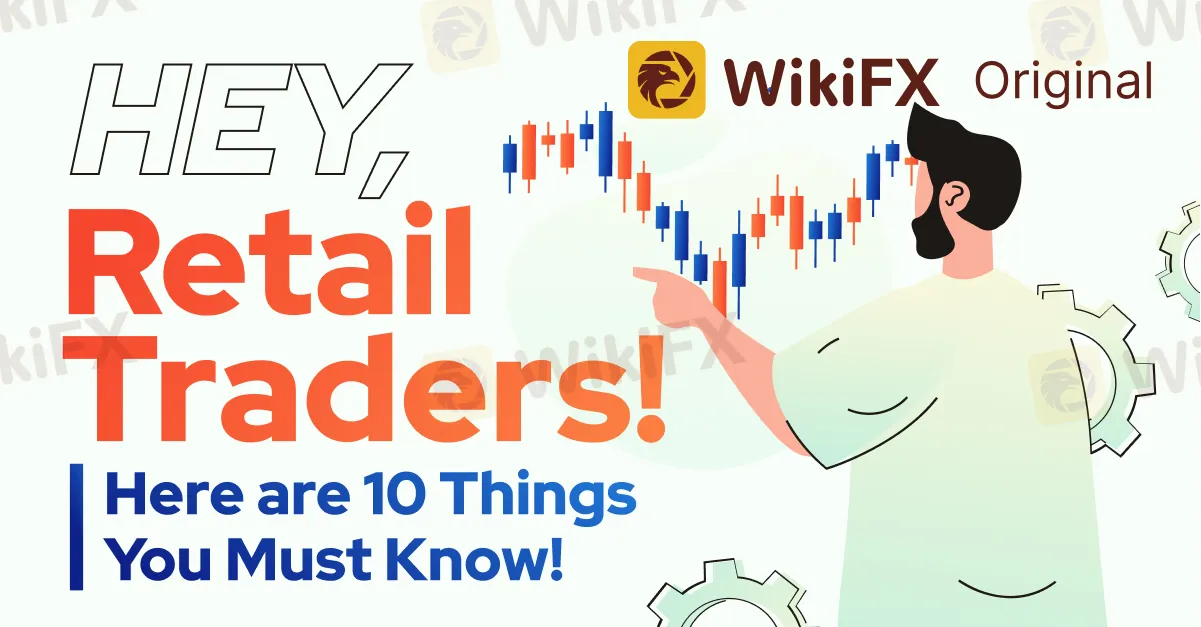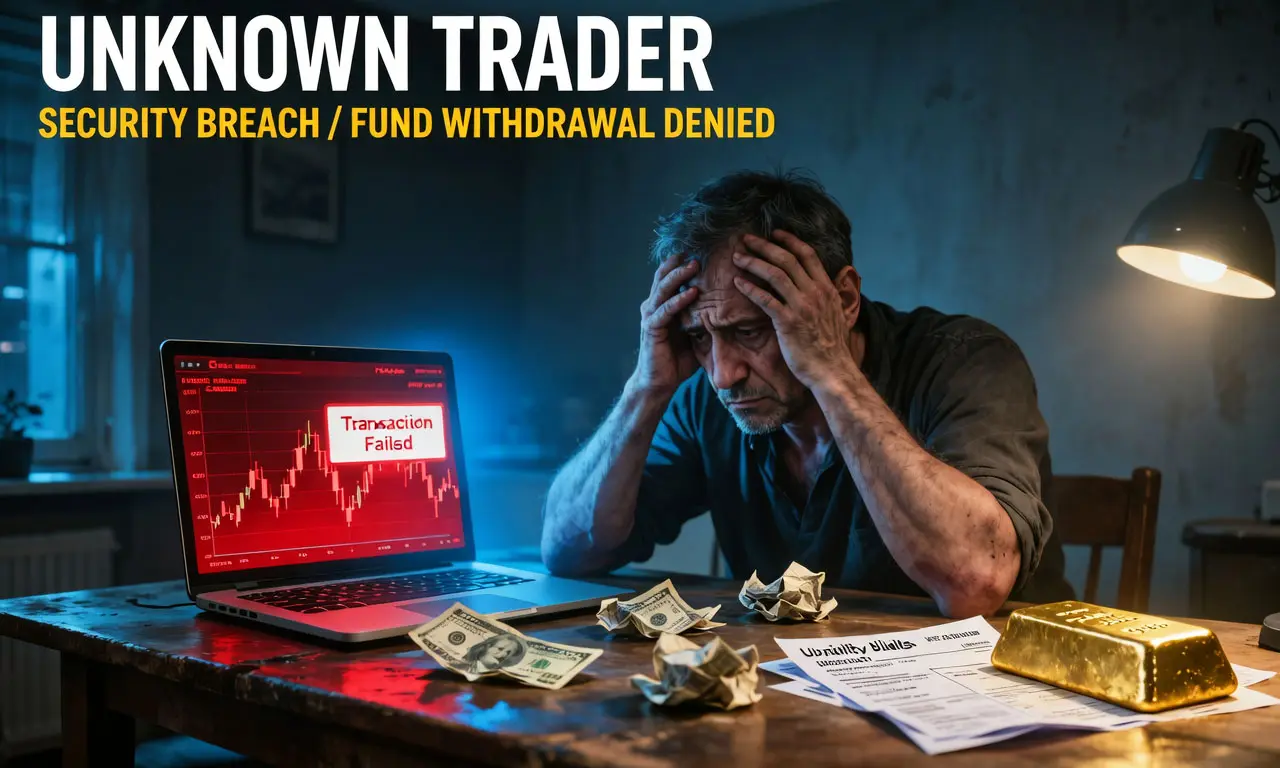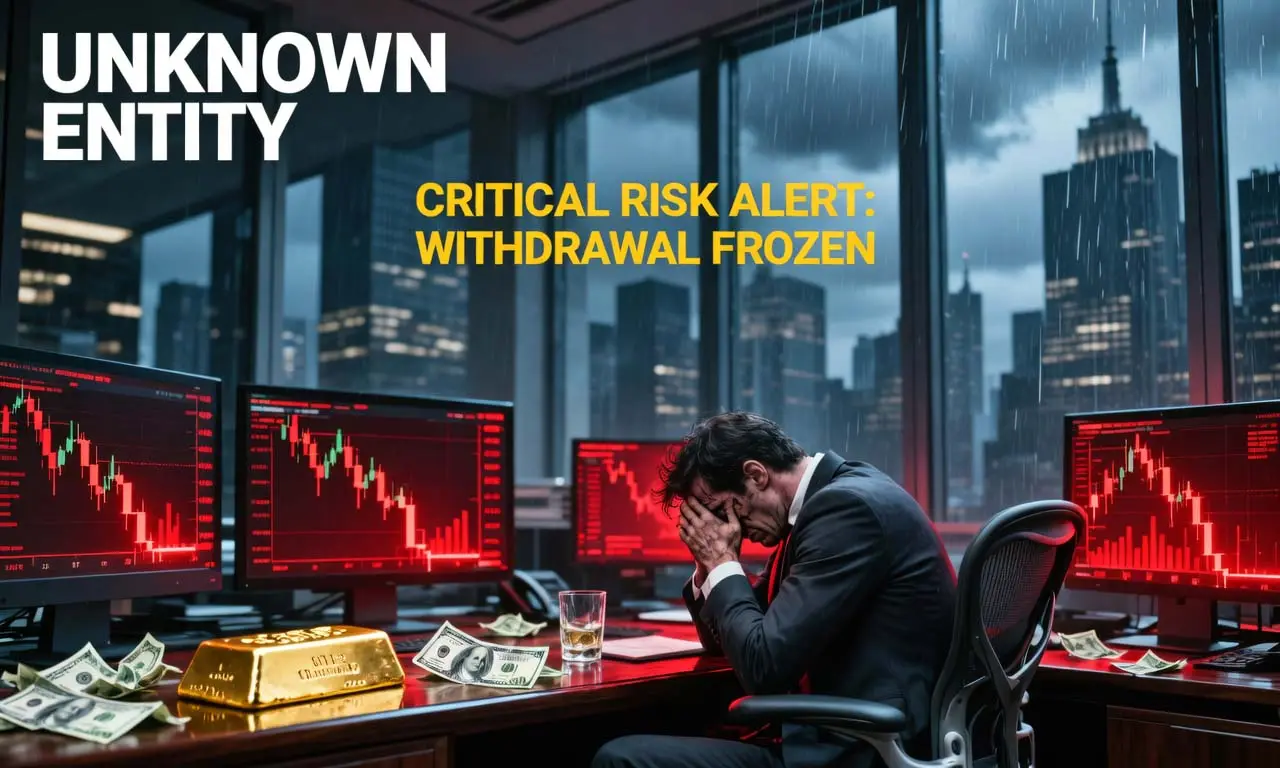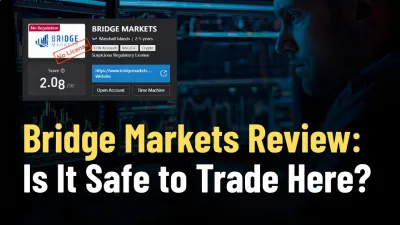Abstract:We bet most retail traders here know nothing about these 10 interest facts! Read here to find out!

1. Understanding Retail Traders: An In-Depth Exploration
In the world of securities trading, there are two main categories of traders: retail traders and institutional traders. Retail traders, also known as individual traders, engage in trading securities with the goal of earning a profit. They operate on a smaller scale compared to institutional investors and have distinct characteristics and strategies. It's important to note that retail traders use their own capital for trading and do not manage funds for others.
2. The Emergence of Retail Trading
Retail trading gained traction in the 1990s with the advent and advancement of forex trading platforms. These platforms allowed small-scale investors to trade forex directly, bypassing the need for a broker and enabling independent trade execution.
3. The Growing Number of Retail Traders
Currently, there are an estimated 13 million or more retail traders worldwide, and this number continues to rise as more individuals are drawn to the potential of generating profits through retail trading.
4. Defining Retail Trading: A Closer Look
Retail trading involves the buying and selling of securities through broker-dealer firms that cater specifically to individual investors. These firms are typically smaller in size compared to the larger investment banks that serve institutional clients.
5. Roles and Responsibilities of Retail Traders
Retail traders are individuals who trade securities for their personal accounts, as opposed to trading on behalf of an organization. They conduct their trades through online or offline brokerages. The primary objective of a retail trader is to execute buy and sell orders for securities, either for personal gain or on behalf of others.
6. Exploring Different Types of Retail Traders
Within the realm of retail trading, various types of traders employ different strategies to achieve their goals. These include:
Day traders: Individuals who buy and sell stocks within a single day, capitalizing on short-term price fluctuations.
Swing traders: Traders who hold stocks for several days or weeks, aiming to sell them at a higher price than their purchase price.
Position traders: Investors with a long-term approach, holding stocks for months or even years, seeking to benefit from overall market trends rather than short-term price movements.
7. Contrasting Professional Traders and Retail Traders
There are three key distinctions between professional traders and retail traders:
Professional traders receive compensation for trading other people's money, while retail traders trade with their own capital.
Retail traders do not rely solely on trading as their primary source of income and should have alternative income streams to support their trading activities.
Success in retail trading requires using surplus funds rather than trading to cover living expenses.
8. The Volume of Retail Trading and Its Implications
Retail trading volume has been increasing, driven by the post-pandemic recovery in businesses. Currently surpassing the median level, the volume of retail trading has experienced a significant uptick of approximately 17%, signaling positive prospects for the industry.
9. Earning Potential for Retail Traders
While retail trading can be a profitable endeavor, the amount of money a retail trader can make largely depends on their skillset and prevailing market conditions. On average, retail traders can expect an annual income ranging from $16,500 to $137,500, with the national average standing at approximately $55,794. This suggests that retail trading can provide a fulfilling career path for those who dedicate themselves to mastering the intricacies of the trade.
10. Noteworthy Figures in Retail Trading
Several iconic and successful retail traders have made their mark in history:
Nicolas Darvas: Renowned for his exceptional stock trading skills, Darvas amassed a fortune and his fund peaked at over $2 million, exemplifying the potential of retail trading.
George Soros: With a net worth of approximately $8 billion, Soros is a highly acclaimed retail trader. He made headlines when he famously broke the Bank of England in 1992, generating over $1 billion in profit during the Black Wednesday crisis.
Jesse Livermore: Known as the “Boy Plunger,” Livermore was a prominent retail trader who made and lost fortunes through his audacious bets. Despite the ups and downs, he remains one of the most successful traders in history.
Paul Tudor Jones: A highly accomplished retail trader with a net worth of around $5 billion, Jones gained recognition for his accurate predictions during the Dotcom bubble burst in 2000.
If you are a successful retail trader wannabe, you should never miss out on the free educational resources that is specially curated by WikiFX at https://www.wikifx.com/en/education/education.html.








WikiFX's educational site is a valuable resource that offers comprehensive educational materials, including articles, tutorials, videos, and webinars, covering various aspects of trading, investing, risk management, and market analysis. With carefully curated content and interactive features, the site empowers retail traders with the necessary knowledge and tools to make informed investment decisions, enhance their trading skills, and foster a community of shared learning.


















